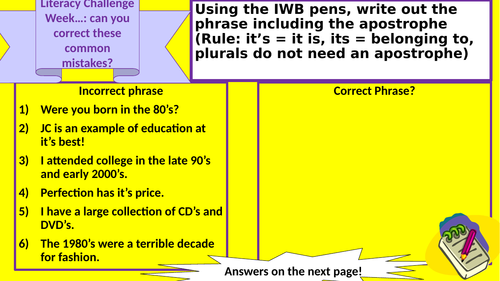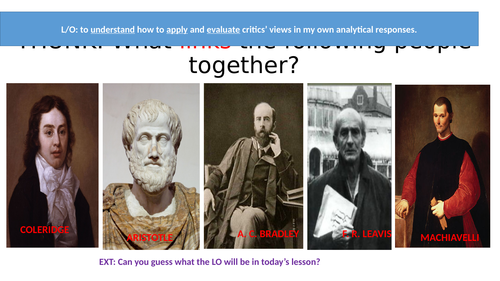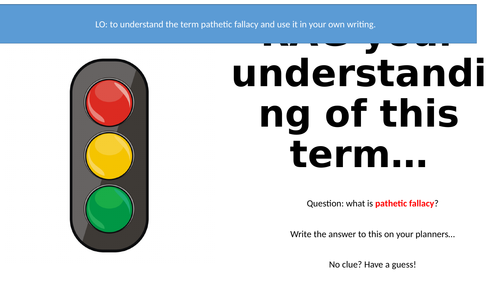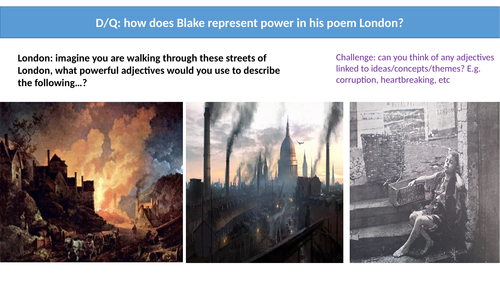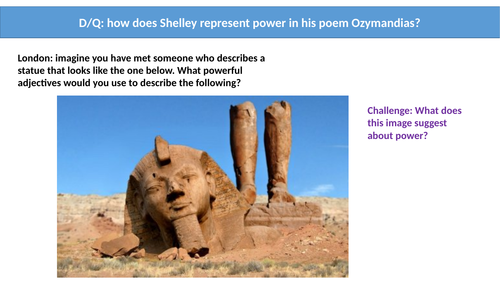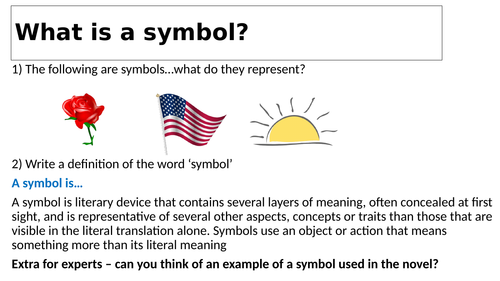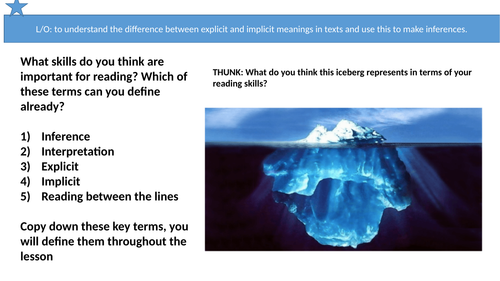Pip Education's Shop
Pip owner (my friendly sausage dog) and English teacher. Creating resources that aim to focus on the 'socially responsible' as well as academically engaging and rigorous. Worked in English curriculum (GCSEs and A-Levels) as well as IB (MYP and DP).



